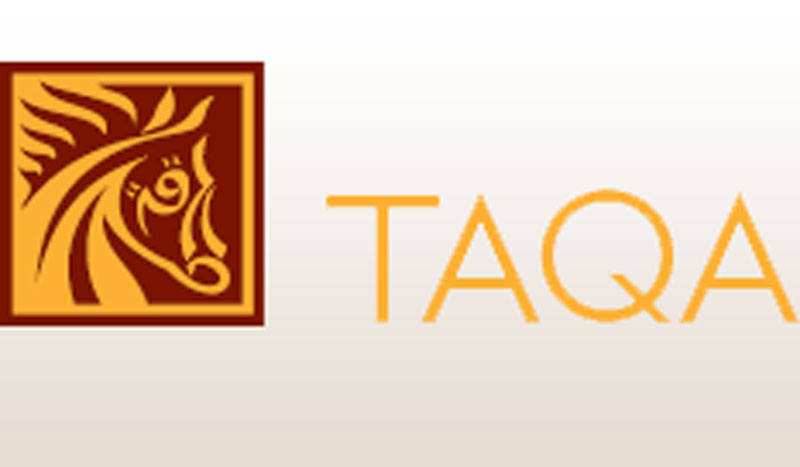Minister of Communication and Information Technology Amr Talaat has said his ministry is close to completing six technology parks in Minya, Menoufiya, Mansoura, Sohag, Qena, and Aswan.
He added that the technology parks will be opened after the end of the coronavirus (COVID-19) pandemic.
During a conference held by the American Chamber of Commerce (AmCham) in Cairo, Talaat added that these parks will support technological entrepreneurship and creativity in Egypt. They would also house training institutions, integrated systems, and hardware design labs, start-up incubators, workspaces, and training halls for artificial intelligence (AI), data science, and cybersecurity.
He added that the goal of these technological centres is to create a system bringing together business owners and academics with entrepreneurs who can offer their services.
Talaat pointed out that the pandemic has highlighted the need and importance of relying on the information technology (IT) sector in the coming period. He noted that Egypt has made great progress in developing the IT sector’s infrastructure as well as digital services in recent months. The IT sector can now provide many services to the business community and contribute to the development of investment in Egypt.
Talaat added that his ministry has drawn up an integrated plan to digitally develop and build Egypt, whilst also transferring technology to various sectors.
He explained that the digitisation of government services is part of the ministry’s strategy to gradually transform the country into a leading regional centre in the telecommunications and IT industry.
Talaat noted that 36 electronic services will be provided, which represent direct services to the private sector starting from July. These include services to change company data and activities, or add new Board of Directors members.
The use of electronic signatures will also be approved, to speed up many investment activities and financial transactions, as well as to allow the electronic filing of lawsuits.
He said that new services will be available to citizens related to ration cards and post office services, as well as to cars licensing services.
Talaat added that the government is planning to set up an electronic exam system at 27 public universities across Egypt. He explained that the pandemic and the greater interest it has created in distance learning has stressed the importance of digitisation.
He pointed out that the government is focusing on encouraging innovation during the next stage, with large academic centre, to be located in Smart Village, working on this area. Talaat added that the centre will work in several sectors, including the agricultural sector and the micro-enterprise sector.
Talaat added that Egypt has made excellent progress in its communications infrastructure in recent months. This has included work to increase average Internet speeds from 6.5 MB to about 30.9 MB, which has significantly pushed up Egypt’s global technological standing.
Talaat said that since the emergence of the coronavirus pandemic in Egypt, there have been various axes of cooperation and coordination between his ministry and the Ministry of Health. These have been focusing on helping health services personnel, and support the monitoring of numbers of cases.
He pointed out that the Ministry of Communications and Information Technology will offer four digital services packages in the coming period following a testing phase in Port Said Governorate. The packages will cover supply services, traffic, documentation, and investment services. The government will also assign post offices and call centres to help those who have trouble using the services.
Talaat explained that his ministry has invested about $1.6bn in infrastructural development over 2019, which contributed to the resilience of networks during the current pandemic, amid a large intensity of use.
The ministry has also set up the “work from home” initiative, which aims to educate and train young people on the skills needed for self-employment and remote work. Talaat added that the initiative aims to provide opportunities for different groups of youth, and does not require experience.
The initiative is based on three routes, including remote training through courses on digital skills and self-employment, supervision and guidance. It also focuses on providing different job opportunities through cooperation and partnership with self-employment platforms and remote working companies.



